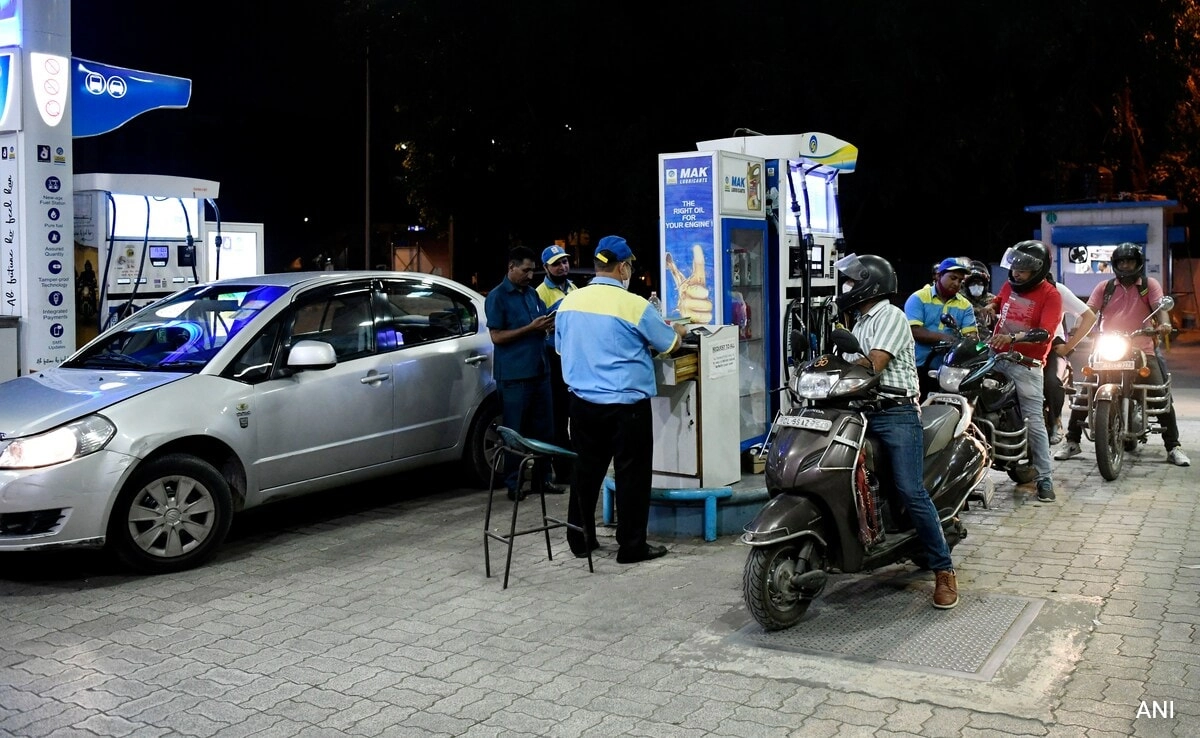The Karnataka government has recently made a significant decision to increase the tax on diesel, resulting in a price hike of Rs 2 per litre. This move, part of the state’s broader fiscal strategy, is expected to have a ripple effect on various sectors, particularly transportation and agriculture, which heavily rely on diesel fuel. The increase in fuel prices often leads to elevated costs for logistics and transportation, which can subsequently affect the prices of goods and services across the state. As diesel is a key fuel for many vehicles, including trucks and tractors, this tax hike could potentially squeeze the budgets of farmers and small business owners who depend on diesel-powered machinery and transportation.
The implications of this tax increase extend beyond immediate economic concerns. For many residents of Karnataka, the rising cost of diesel may translate into higher expenses for daily commuting and transportation of goods. This situation could lead to increased inflationary pressures, affecting the overall cost of living in the state. Moreover, the decision to raise diesel taxes comes at a time when many households are already grappling with the financial challenges posed by the ongoing economic recovery from the pandemic. The government’s focus on generating additional revenue through such measures may be seen as necessary to fund various public welfare initiatives, but it also raises questions about the long-term sustainability of such tax policies.
Critics of the tax hike argue that it places an undue burden on the common man, particularly in a state where a significant portion of the population relies on diesel for their day-to-day activities. The transportation sector, which is already facing challenges due to rising fuel costs, may struggle to absorb this additional financial pressure. As businesses grapple with these new expenses, the potential for increased prices on consumer goods looms large. This situation highlights the delicate balance that governments must strike between generating revenue and ensuring economic stability for their citizens.
In conclusion, the Karnataka government’s decision to hike the diesel tax by Rs 2 per litre is a multifaceted issue that will have far-reaching consequences for the state’s economy. While the government may be looking to bolster its revenue streams, the potential impact on consumers, businesses, and the overall cost of living cannot be overlooked. Stakeholders across various sectors will need to adapt to this new reality, and ongoing discussions about fuel pricing policies and their implications will be essential in navigating the challenges that lie ahead.




